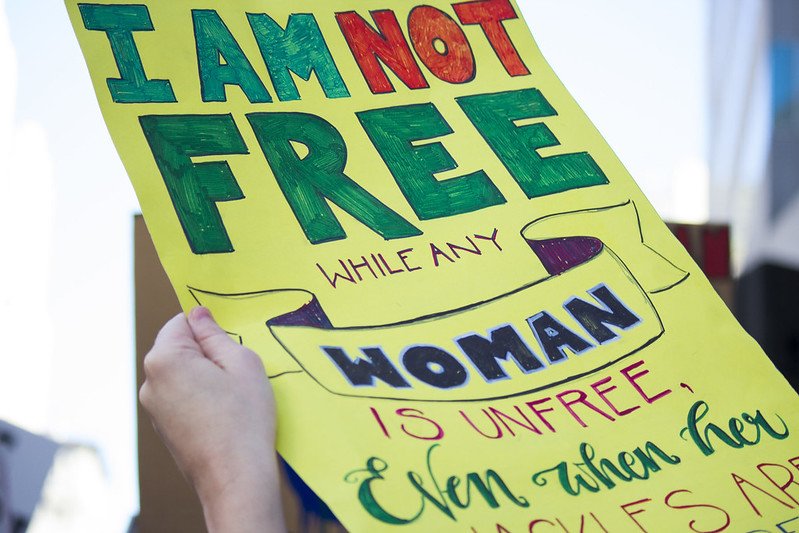
Our founder spoke about advocacy, using your voice, and enacting change in your community for Memunatu Magazine’s Ed-Talk series, a collection of lessons from African change-makers.

As a part of the release of ICRW’s newest brief on racial justice and sexual and reproductive health and rights (SRHR), Idget Consulting discussed the importance of using a reproductive justice lens for U.S. advocacy on global SRHR.

This Mother's Day, many of us are celebrating virtually or abstaining from festivities to adhere to COVID-19 quarantine guidelines and keep our families safe and healthy. For the African American community in the United States, this feeling of powerlessness to protect the health of our mothers, daughters, ourselves and the other black women in our lives is not new—the coronavirus is just the newest threat to our lives.

Caroline did not have access to reproductive health care or information and, when she became pregnant, resorted to seeing an unqualified abortion provider to terminate her pregnancy. As a result, Caroline has paid with her health — she lost her uterus and has a permanent colostomy. This horrific and preventable experience is one that is shared by women and girls across the globe because of a little-known, 47-year-old racist, neo-colonial and paternalistic U.S. policy known as the Helms amendment.

The retroactive, anti-human rights policies enacted and implemented by some of these actors during this administration have resulted in a drastic drop in the U.S. government’s grade from a B in 2016 to a C- in 2019. The decline in the 2019 grades emphasizes what we already know to be true about the Trump administration: It is one that purposefully defunds and deprioritizes the SRHR of women, girls and the LGBTQIA+ community by prioritizing power and patriarchal control over support and security.
